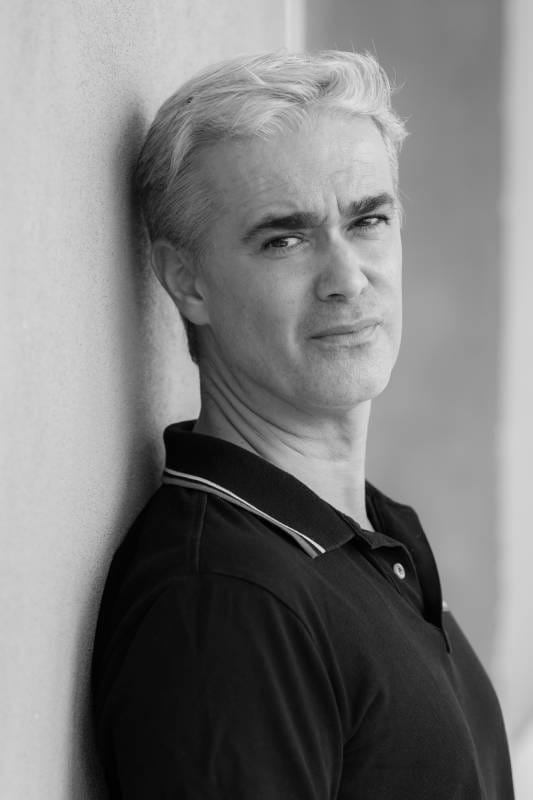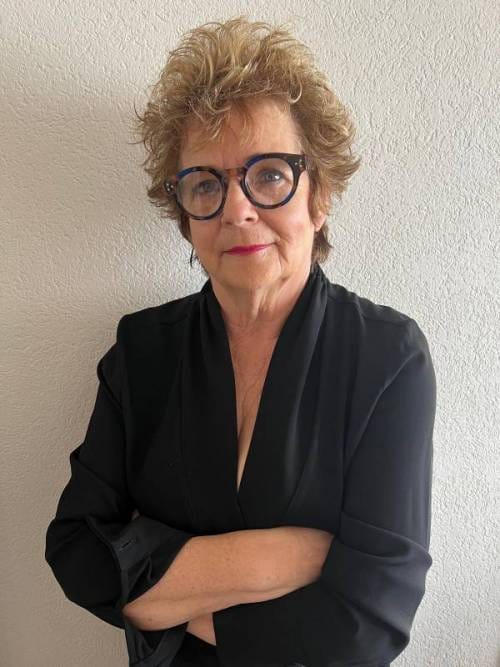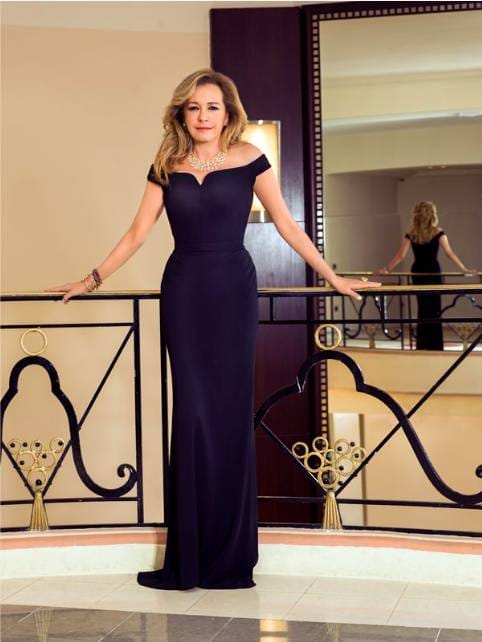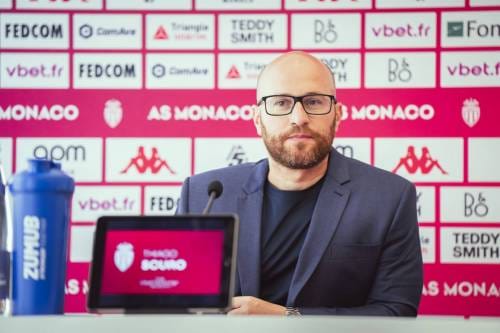The Princess Grace Dance Academy is celebrating its 50th anniversary. More than just a school, it is a true temple of excellence. It’s managed by a radiant man, Luca Masala, who passionately loves his job, his art and his students. Far from the image of a tyrannical and violent teacher (which he sadly experienced as a young apprentice himself), he is radiating a benevolent, understanding and generous smile. Even if the diktat of rigour in this particularly demanding discipline is always there, it takes an irreproachable technique coupled with a part of your soul to make all the difference between a good dancer and a true star. To achieve this perfect combination, on top of high-class teaching, you need to be a good listener, have empathy. In other words, give love. This is what the Academy offers thanks to a relatively small number of students, a small structure and a deeply human “boss”.
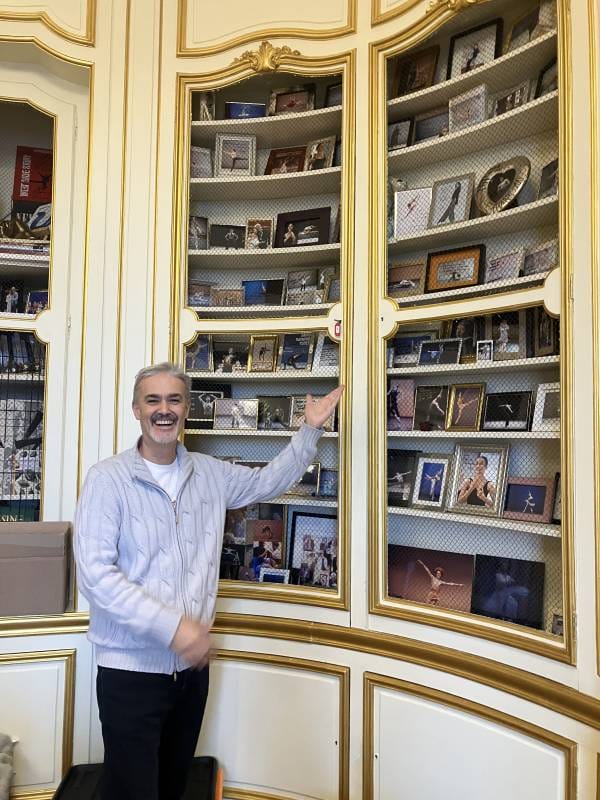
Hello Monaco: The school was created back in September 1975. How do you see things today?
Luca Masala: There have been major pedagogical improvements. Human beings have changed, and so has teaching. The way we were educated is no longer possible today. Unlike some colleagues, however, who believe we no longer have a say, I think things can and must be said but in a different way. Naturally, having nothing to do with the barbaric methods of the past.
HM: Dance is known to require great rigour, but the barbaric methods… What exactly do you mean by that?
Luca: Back in the day, mistreatment was common. I myself suffered it at “La Scala” in Milan as a child, when I was starting to dance. The teachers were not shy of hitting the students. I witnessed some placing a lighter under a dancer’s leg so that she would lift it high enough… There was real abuse. I remember receiving proper blows on the thigh, bearing the trace of the teacher’s hand, who suggested: “Ask your mom to put a steak on the spot to help restore the skin…”
For them, it was normal. They did it to help us progress. Many people were traumatized, including here, in Monaco. Even if they never raised a hand at the students, the psychological pressure was very strong and the teaching, very hard. Children have been destroyed by teachers frustrated at being unable to pursue their own career in dance. That’s what made me walk away from “La Scala” at the age 14. The children are so easy to manipulate, blindly believing what the teacher is saying. I therefore think that the essential quality of a dancer and even more so, of a teacher, is that of being generous.
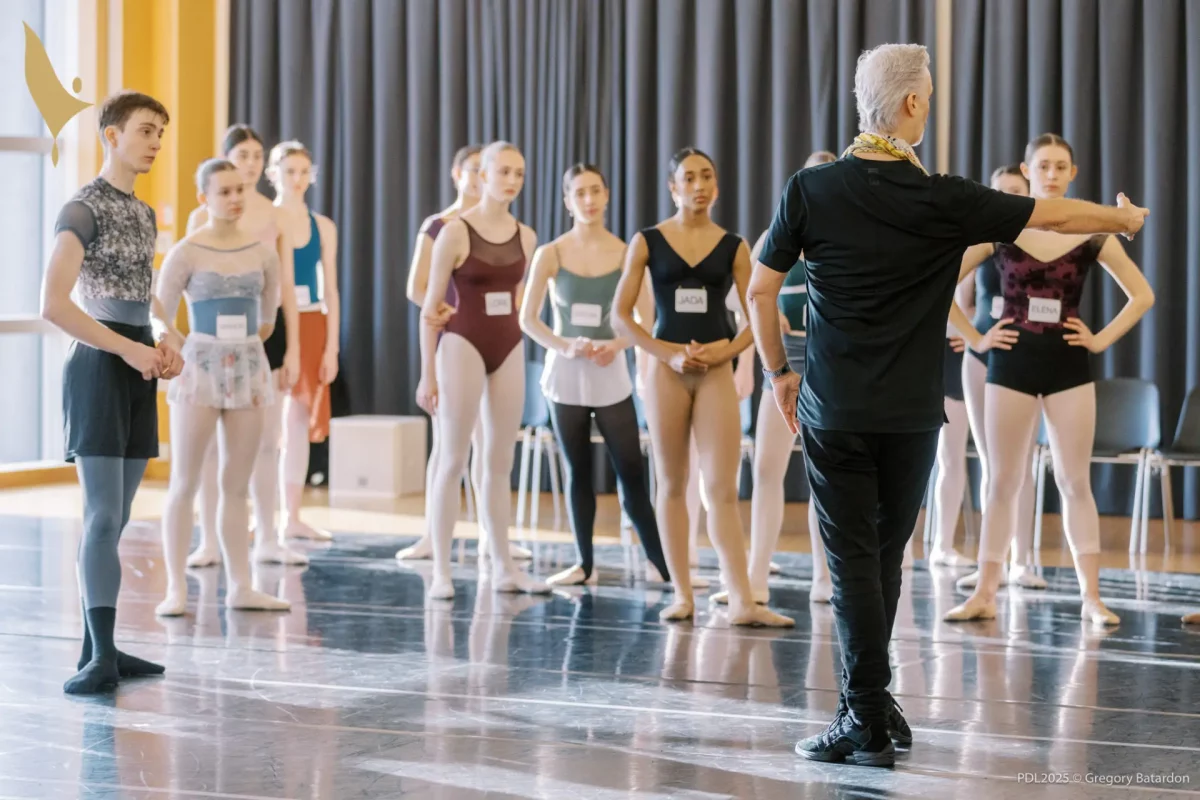
HM: How can being kind and generous be reconciled with the iron discipline imposed by the ballet?
Luca: It is about listening and understanding each student. Separated from their family very early on, they all need human warmth. Here, in this relatively small structure, we manage to achieve just that. I want my office to be constantly open, and there is often a queue outside my door. I try to be available to everyone. At the same time, we have a mission of making the dancers stronger. Without putting them down, we are making them leave their comfort zone, improve and boost their self-confidence. We are sometimes confronted with parents fearing that their child will be pushed around. But if we cannot help them progress, they have no place here.
HM: How many students do you have this year?
Luca: 46 representing 19 different nationalities. Only three of them are French, including Lucien who left the Paris Opera to come here! The criteria for joining the Academy are very strict and the selection is severe.
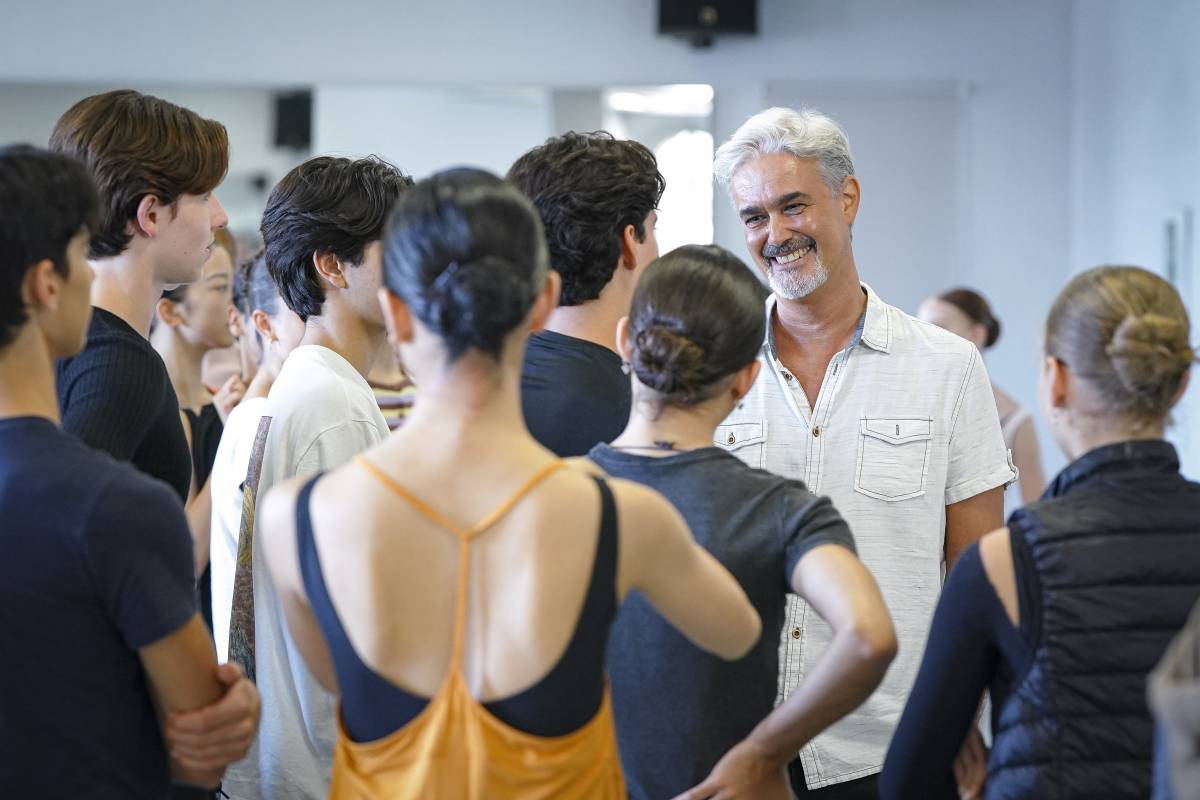
HM: What are they, to be more precise?
Luca: After a preliminary selection of filling out a registration form with your contact details, photos and videos, you are invited to do an internship. Under my thorough supervision. I see about fifteen thousand students per year from all around the world. I watch a thousand videos to select those 300 who will do an internship. Following this, I will choose the two who will join the Academy.
HM: Money does not make talent. Is the Academy accessible to everyone?
Luca: I did everything to make it so. Today, full boarding seven days a week costs 6,500 euros per year. Before, the cost was twice as much.
We are also supporting promising students who are experiencing financial difficulties. We thus have a dancer from the Brazilian favela of Fortaleza. Abandoned by his mother, we took this child in at the age 11 and taught him everything here. He is now 15. Dance saved his life. Another one comes from a poor Argentinian family. He is currently doing an internship…
For me, wealth is not about money. It is in the eyes and in the heart. I am asking the students to simply show me who they are. They will then have to acquire the technique, but the most important thing is not about that.
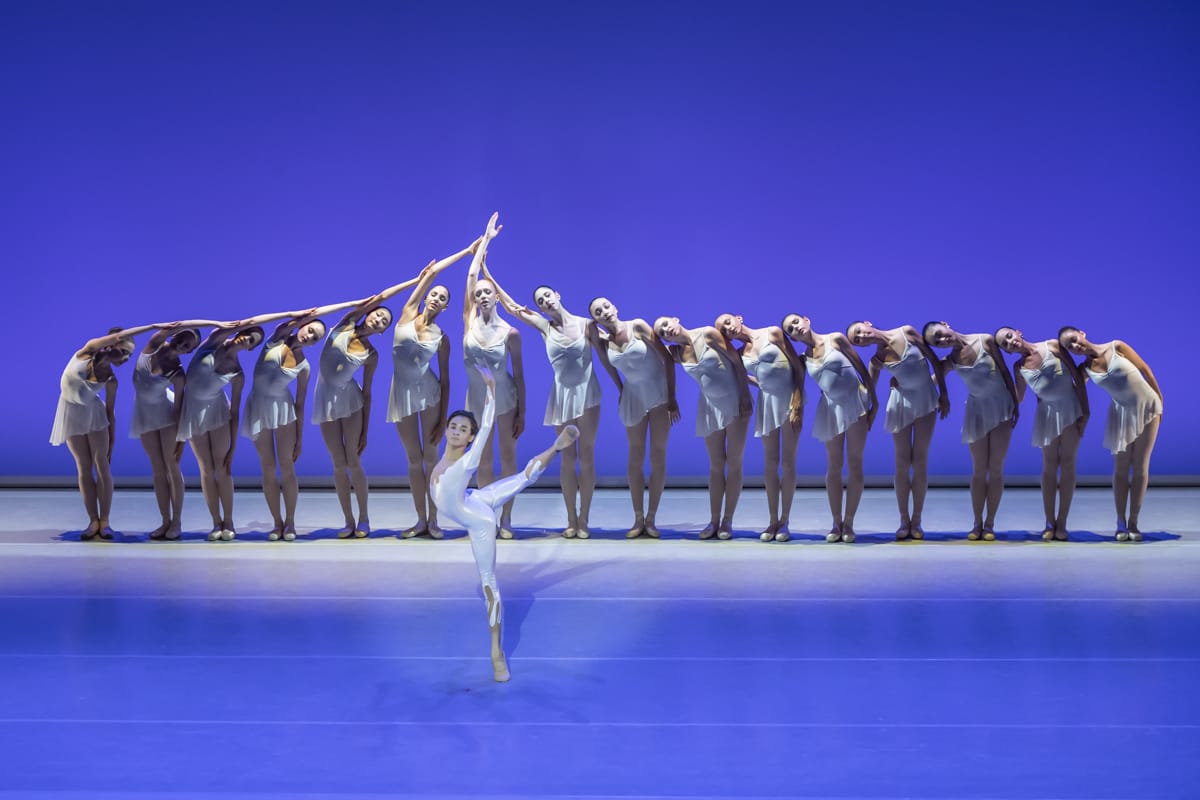
HM: Do the students have holidays? For the dancers it is quite complicated…
Luca: Of course. The body needs a rest. It is very important for students to have time off. A professional dancer would not take more than four weeks per year, however. A week of holidays implies two weeks of getting back in shape.
HM: Is there still the dictate of being thin?
Luca: These days we are not talking about it. It is true, however, that we need to be fairly light for the lifts. A somewhat heavier dancer may harm her partner during a “pas de deux”. During my career, I thus personally had two hernias… But some exaggerate by constantly checking the weight, as they do in Russia. And being thin does not mean being extenuated… We are occasionally confronted with anorexia and bulimia here. But we manage to detect these disorders early on. Since we are close, students come and talk to us about it. A nutrition specialist also explains that it is normal for the body to change around the age of 13–14. Some young people do not understand this evolution. We must support them in that.
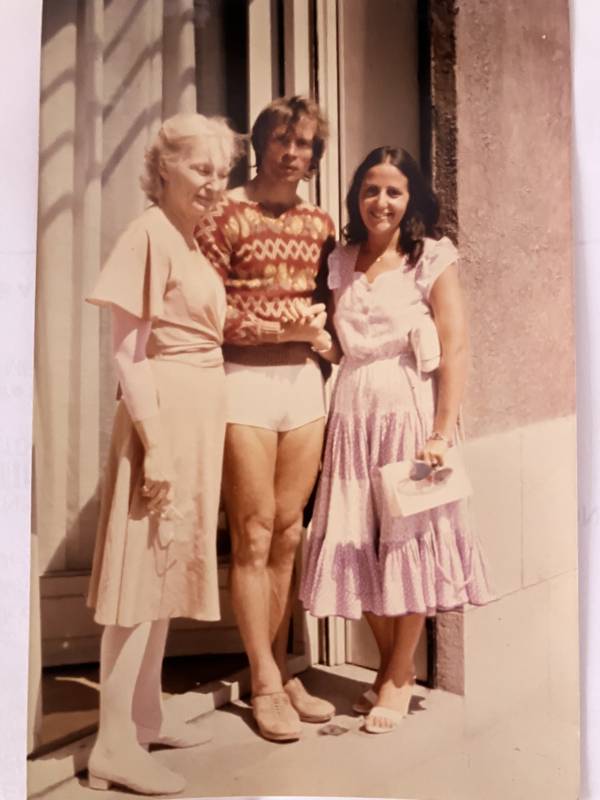
HM: Do you think it is normal to decide for your entire life at the age of 11? After all, you enter dance as you enter religion…
Luca: I can only say for myself. One day I just opened the door of a dance room where my sister was rehearsing. And I fell in love with dance. I left home to go to “La Scala” and the rest followed. Dance can only be a passion. The one to surpass yourself, to give, to touch the audience.
One day, I was asked to summarize my career in one single moment. I then remembered the day I had just danced “La Dame aux Camélias”. An elderly gentleman was waiting for me at the exit to say: “You know, since my wife died, this is the first time I have come back to life”.
HM: Dance is often compared to a high-level professional sport. What do you think?
Luca: In dance there is no measure. Just as the audience, the dancer is following his emotions. There is a freedom that does not exist in sport. We are not there to break records, but to touch people. The choreographer creates a dynamic, and the dancers put their whole soul into it. There is a moment when they have to forget the constraints, let go. Keeping the technique spontaneous, that is the secret to creating an emotion.
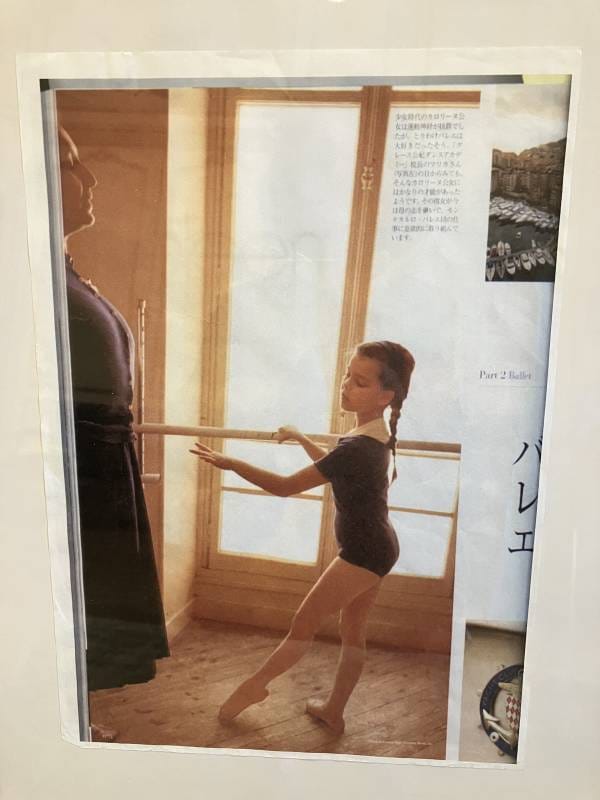
HM: What is the most important thing for you in a dancer?
Luca: For me, it is about being unique. It is not the number of pirouettes you perform or the height of your jumps that count, but rather the fact of remaining yourself. Dance is not a sport. Artistry for a dancer is all about preserving their personality.
HM: Do you have a dream?
Luca: I live my dream every day! Every morning, it is like Christmas when I was little. One day my mother asked me: “Are you going to work now?” And I answered: “No, I’m going to the Academy”. For me, it is not work but pure pleasure.
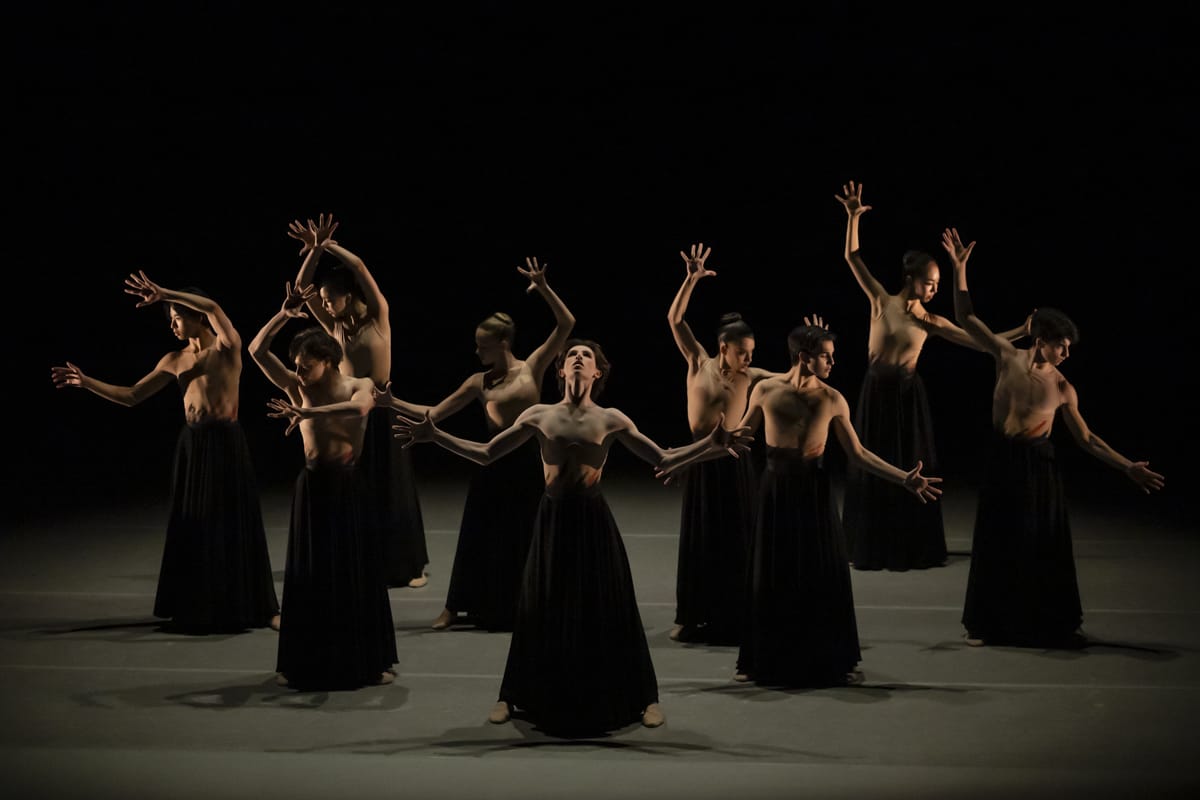
Prix de Lausanne 2025: Hector Jain wins the Jeune Étoile Scholarship
A celebration for the Monte-Carlo Ballets and the Princess Grace Academy teaching team. Early February, one of its dancers was awarded the Jeune Étoile Scholarship at the prestigious Prix de Lausanne.
The young American Hector Jain, aged 18, won over the jury with his talent and potential as a virtuoso, enthusiastic and graceful performer.
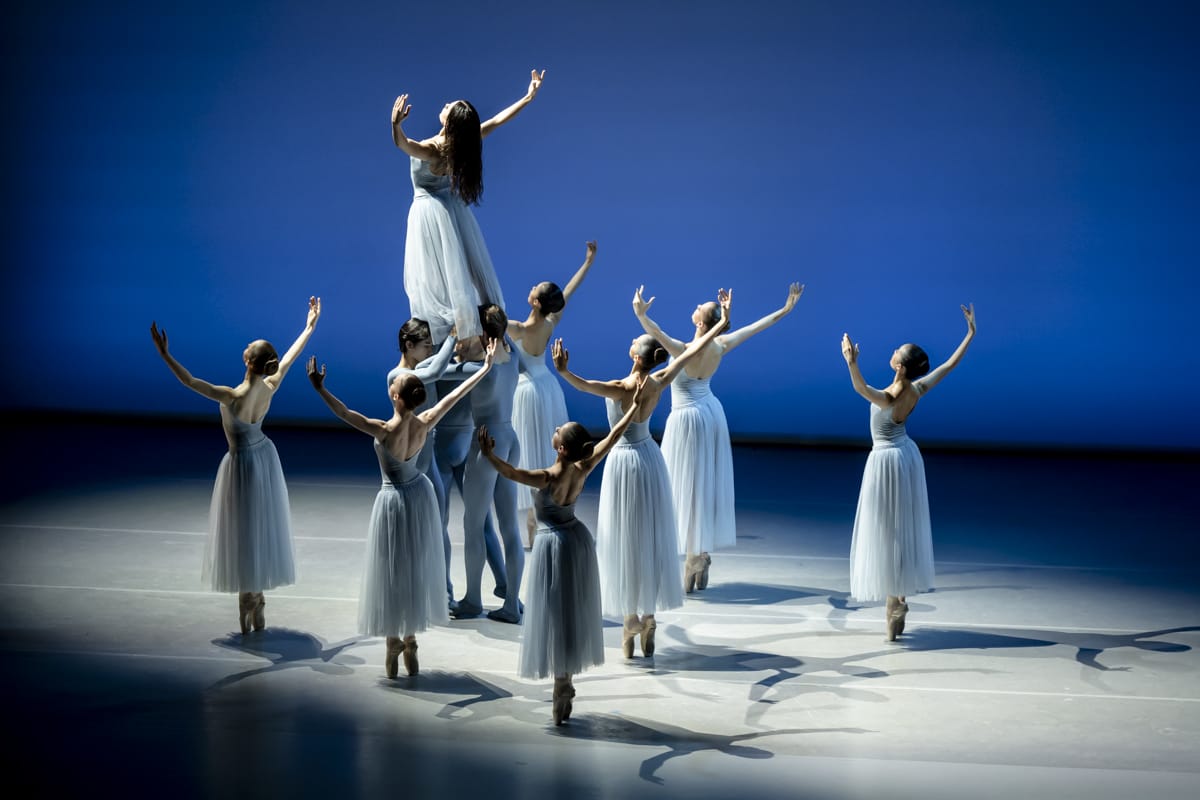
Since 2014, fifteen students from the Princess Grace Academy have been selected for this highly regarded competition. All have been awarded prizes, and four of them, gold medals. Just to prove that excellence in teaching pays off!




